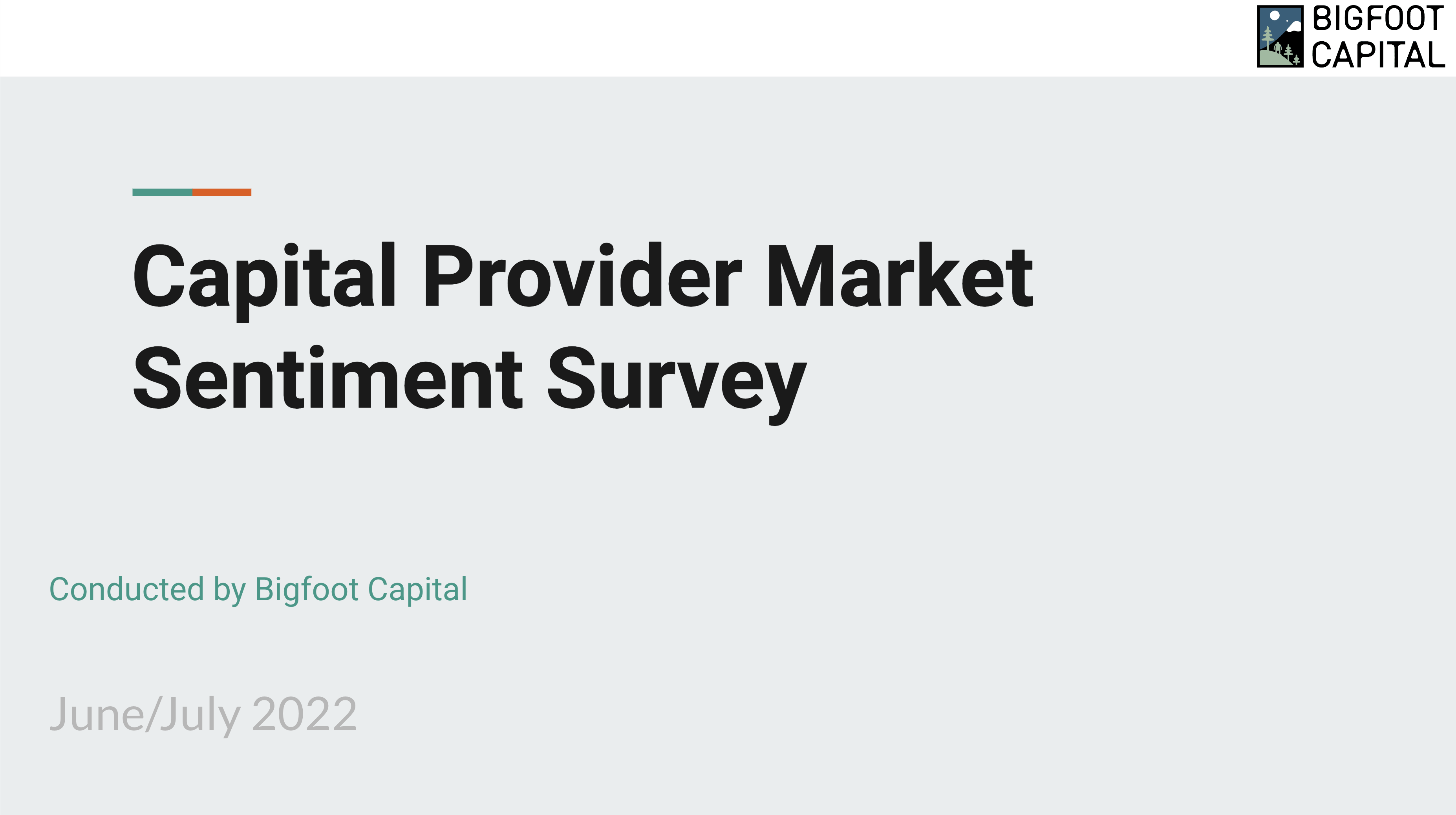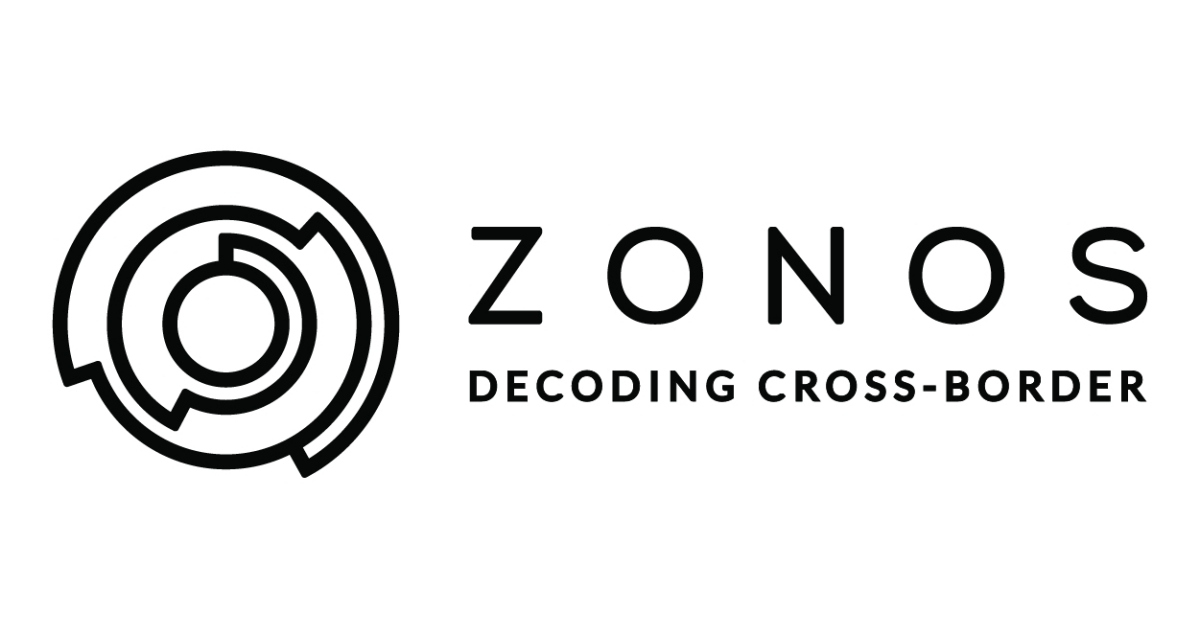
Fact: No one person or company is great at everything.Sure, we’re all generalists to a degree. But we’re not experts across disciplines.So, as early-stage founders, it’s important to cultivate the skill of efficiently outsourcing projects that you and your team cannot knock down with speed, quality, and repetition. You need to learn how and what to parcel out to high-quality domain practitioners and focus on the core problems you can solve yourselves.
How To Determine When To Outsource
It’s also critical that your time as a Founder is not spent on a laundry list of chores. You need to drive the organization, not the project, forward. Focus on what you do best and outsource the rest. If projects are falling by the wayside, you should consider engaging dedicated people to handle these tasks you’re clearly not delivering on, whether due to ability,interest or bandwidth.
“For the overachievers out there: Your mantra is likely, “What else can I do today?” Consider replacing that for a week with, “What can I do less of today?” and see what happens.” – Tad Hargrave via @Calm App
Early on, it’s common and beneficial to outsource functions such as bookkeeping, design, content production, HR, and ad hoc engineering responsibilities. All of these are ongoing functions your business needs and it’s unlikely you can deliver on them all on your own.
Focusing On Your Core
Take Uber as an example. How has Uber been able to scale to a global behemoth?They decided and committed to outsourcing early, specifically when building their product.They’ve run on a host of other companies’ software:
- Amazon Web Services for hosting and storage
- Google Maps for their mapping technology
- Twilio for their messaging stack for customer interaction
- SendGrid for email delivery
- Braintree for payments
Now, this is not rare. Most applications are coupled to these (or similar) applications that provide this functionality as their core product offering, and are thus, great at it. As companies scale, they may decouple and roll their own systems, but doing this at the early-stage generally is a waste of time and resources.
“Deciding what not to do is just as important as deciding what to do.” – Steve Jobs
By outsourcing these crucial components of their product and overall customer experience, Uber has been able to focus on their what they’re great at—network building at global scale.
5 Benefits of Outsourcing
Increasing Focus
Every founder is fighting against time with no shortage of things they need to move forward across their business.Running the books yourself? Personally penning every single blog post? Redoing your website just because you can and enjoy it?Move these off your plate, so you and your team may tackle the most important tasks requiring and deserving of your focus and expertise.
Jumpstarting Projects
We all have projects that we punt on. We know we need to start them at some point, but they just don’t get prime billing. Got a content strategy that’s gathering dust? Have non-core features that need to be deployed? Not setting enough appointments?Onboarding and managing newly hired in-house staff takes time. It will easily take you months to hire folks, train them, and offer them the support they need to start adding value. A good service provider is ready to perform the job on demand and they likely have more of a process in place than you do. Find the firms that make their living doing these tasks for others and hand the project off (not forever, but for now). With a quality partner, you’ll begin to see the dust shake off stale projects, get quick wins and accelerate project velocity.
Reducing Cost and Risk
Hiring a bunch of people before you’ve proven out they can truly deliver value and that your company is ready and able to support headcount growth is a very risky exercise in pre-scaling.These people generally come with other costs both direct and indirect. They have benefits you have to pay for, PTO that takes them off the grid, and distractions as new projects creep into their job description.It can be far less expensive and burdensome on your company to have W-9 specialists that can get the job done fast and focused. Someone needs to communicate with and manage them but with a bit of history, ongoing attention, and intervention can be minimized.In the long run, there are efficiencies to gain if you hire full-time staff. Early on, get on-demand help when and where you need it. Setup first. Optimize later.
Increasing Quality
Delivering half-baked product does nobody any good. Unfortunately, this is generally the outcome when we feel forced to deliver something, anything just to chip away at our to-do list. It’s much more effective to delegate to someone who can deliver a great end-product rather than plow ahead on your own on something that’s maybe a stretch for you in terms of your skills or just is not getting top billing as a priority. You go it alone, you compromise quality. Simple as that. A personal example: Three months ago, I hired an outsourced Marketing Director for 10 hours a month. Before that, I found myself emailing myself ideas for blog posts, sometimes just a topic, other times outlines. Regardless, these kept stacking up in my inbox and not going anywhere. I wasn’t seeing them through to completion. Fast forward to today, and I can keep ideating and writing high-level points that my Market Director then feeds to a network of writers for production. I circle back for edits and approval and now we’re actually getting content out the door regularly, with quality.
Avoiding Burnout
I believe in stretching myself and others professionally. I don’t believe in breaking people to the point of burnout, myself included. With too many expectations and too much work on our plates, we slip, lose focus, underdeliver, become unpleasant colleagues, and ultimately compromise the teams we work with and businesses we’re working on.When the stretch gets to painful, help yourself and your overloaded teammates out by bringing on some outside help. Plates will lighten, focus and morale will boost and results will improve.
Tips for Choosing a Partner
When evaluating a service provider, check their references, portfolios, samples, and experience fit. Ask questions. Never choose solely based on price. (Opt for quality results at a good value). Clearly define the project requirements upfront, and refrain from assigning a critical project as your first engagement.
Why We’re Big Believers in Outsourcing
At Bigfoot Capital, we’re early-stage focused. The companies we support are generally lightly capitalized (i.e., they do not have $10M of venture capital to burn through) and have teams of 5-25 people.They have neither the resources, bandwidth nor expertise to do everything they need to do. They are not able to hire all the best people by providing top of market compensation packages. Yet, they still need to get all of the same things done: build and design product, market that product across channels, acquire and service customers, and handle the operations of the business.With clearly defined goals, roadmaps and tasks for each of these portions of the business, they can engage specialized outsourcers that can help them move faster and deliver better with the resources they currently have. Trying to do all of this in-house when you’re not yet at the scale to support it, is a very risky undertaking that can drain a bank account and bury a company.








